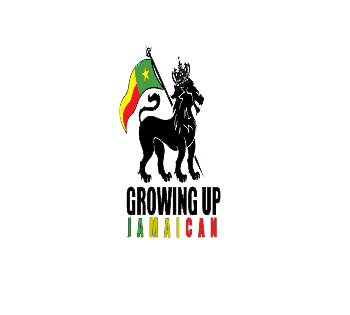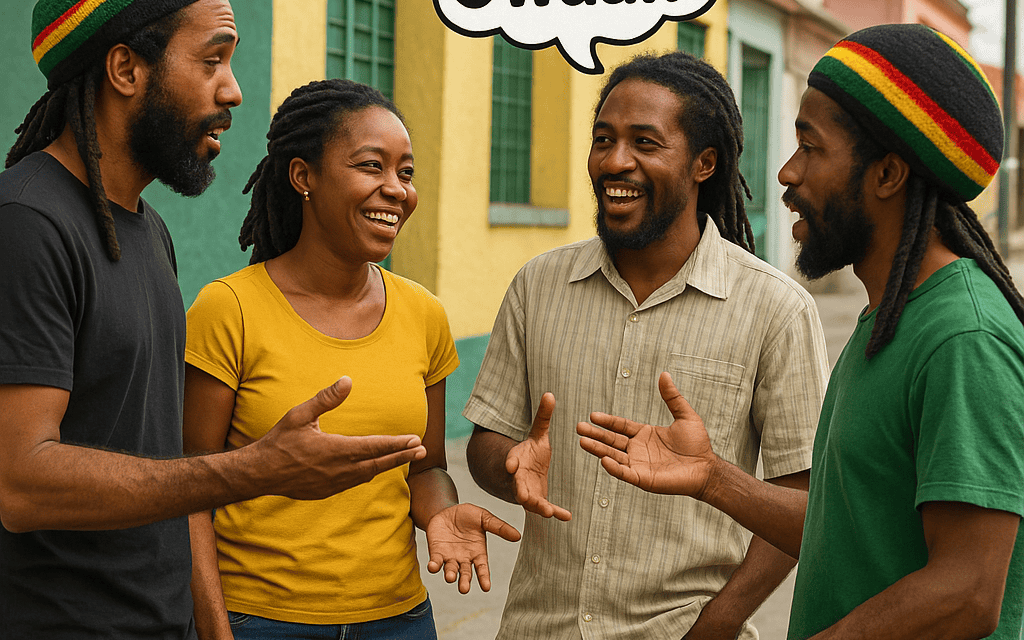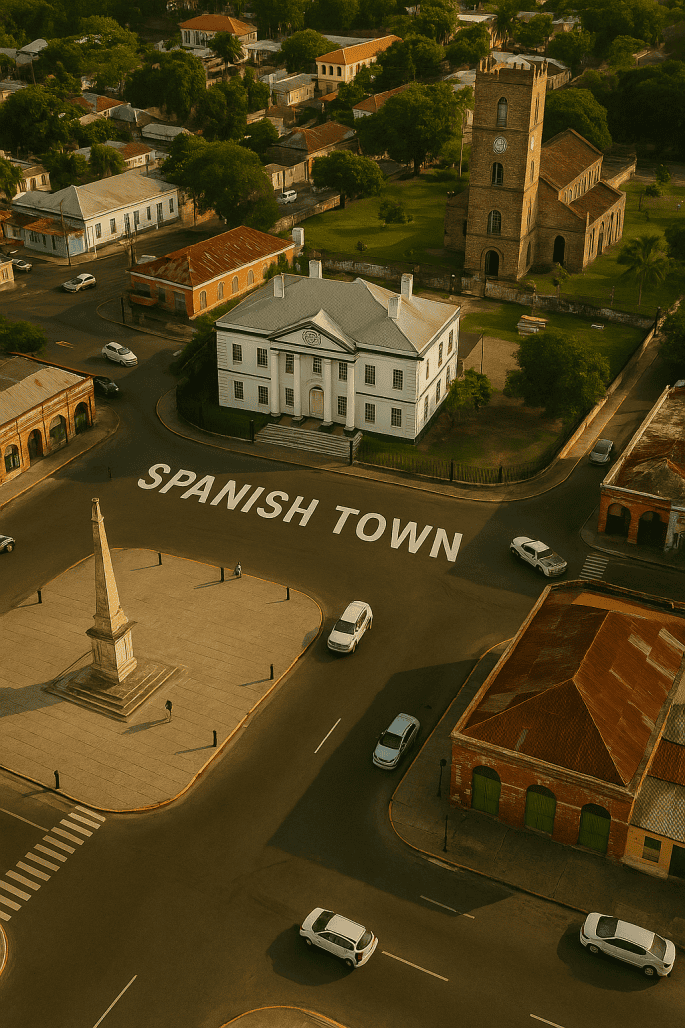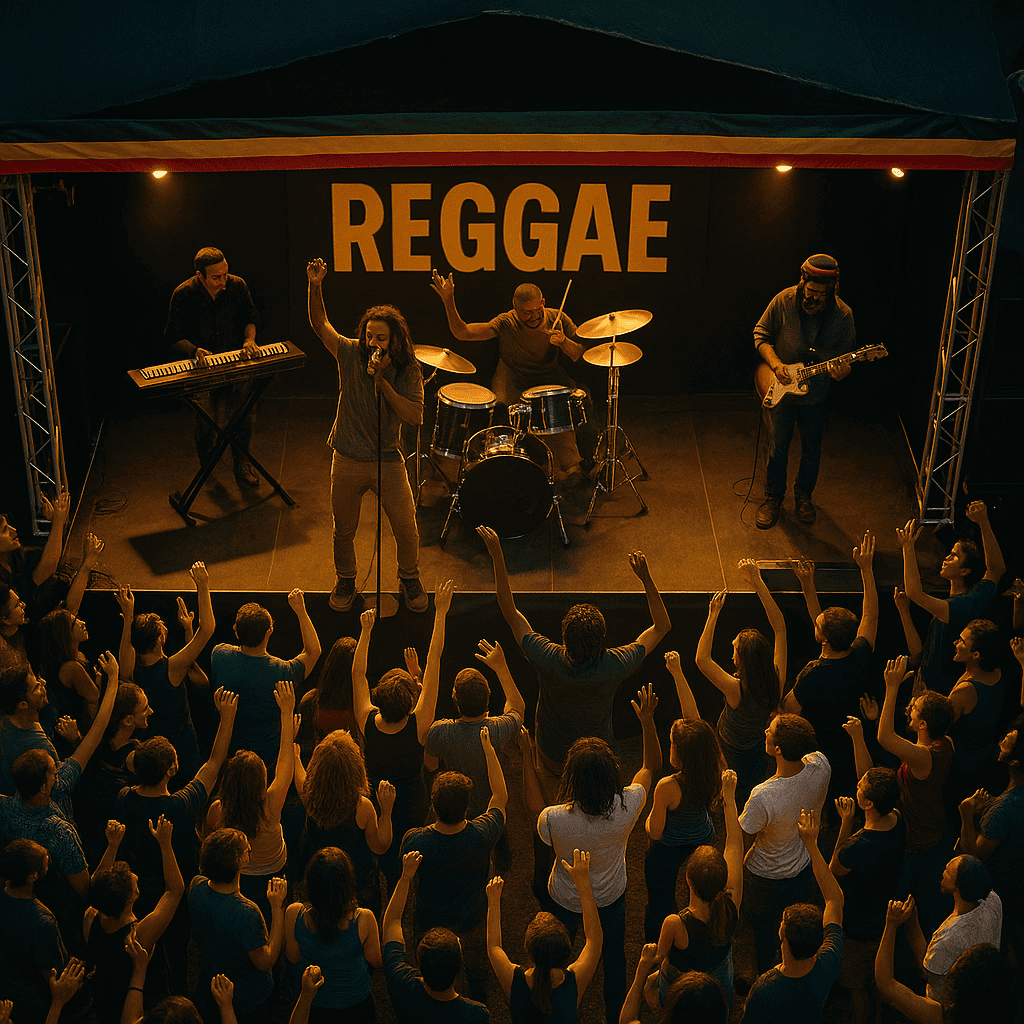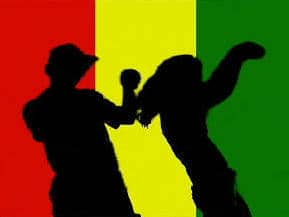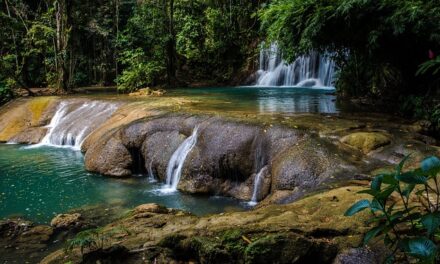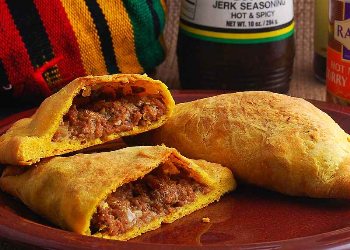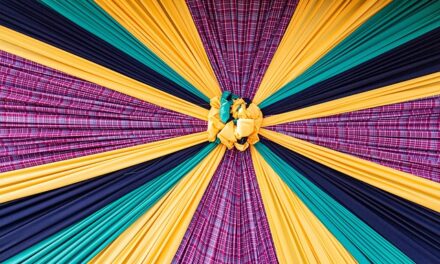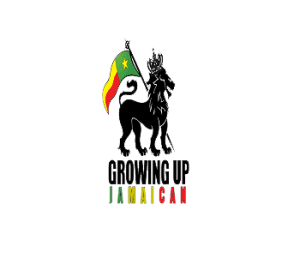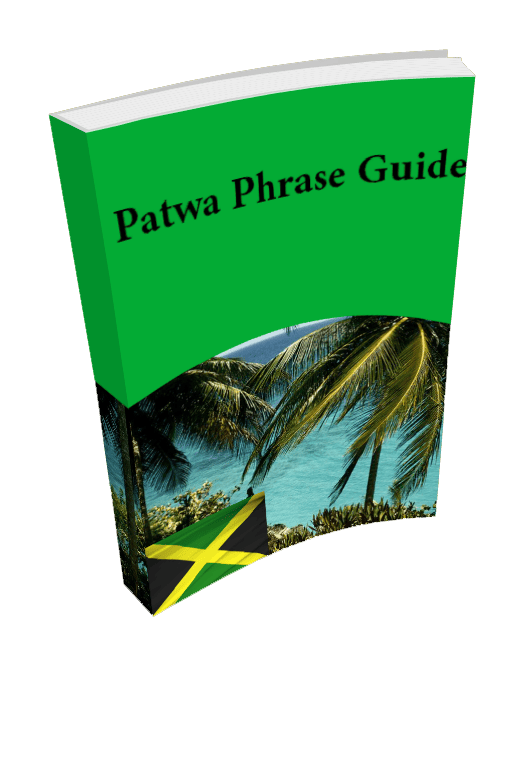What Is the Language in Jamaica
Understanding What Jamaicans Speak
If you hear a Jamaican talking, you might hear a few words you understand, but you will probably leave the conversation slightly confused. We Jamaicans seem animated and excited when we talk in a way that doesn’t resemble many other people around the world; the way we talk is one of a kind. So, what exactly is the language in Jamaica? Is it English? Is it Patois? Is it a mix of something else? Let’s look at what people say and how we in Jamaica define ourselves in terms of language and culture.
Technically(Legally speaking) The Language In Jamaica IS English
Technically speaking, the official language in Jamaica is English. That’s what’s taught in schools, used in the news, and used in official documents. But if you’ve ever watched a Jamaican movie or listened to reggae music, you probably noticed the people speaking don’t sound like they are speaking English as you understand it. That “strange-sounding English” is Jamaican Patois, also called Jamaican Patwa. It is a “language” created from the unique history and cultural influences that have made Jamaica what it is today.
What Is Jamaican Patois?
Jamaican Patois isn’t just broken English or slang. It’s a legit dialect that came from a combination of English with West African languages, plus a likkle-bit of Spanish, Portuguese, and even a bit of Arawakan from the island’s first inhabitants. It has its own unique grammar, pronunciation, and vocabulary. So while it might sound like English at first, it’s actually a unique language that the people on the island speak.
The Influence of Slavery
To understand the language in Jamaica, you gotta look at its history. Jamaica was first colonized by the Spanish in the 1500s, but the British took it over in 1655. With the English came slavery, and with slavery came Africans from different tribes and regions, each with their own languages. These Africans had to learn to communicate with each other and with their English-speaking masters. The result? A new way of speaking that took a little bit from both worlds: This is how Jamaican Patois came to be its own little language.
Spanish Jamaica
While the Spanish influence on Jamaica is not as pronounced as the English influence, you can still see the mark left on the island and its language. Words like “mesa” (table), “machete”, and “fiesta” still pop up in Jamaican vocabulary from time to time. Many of our place names, like Ocho Rios (which means “eight rivers”), also reflect that early Spanish influence on both the language and the architecture.
Jamaicans Can Understand Many West Africans
If a Jamaican person listens to someone from Nigeria, they will notice how easily they can understand a lot of what the Nigerian person is saying. That is how Africa still lives on in the Jamaican language. Many Patois words come straight from African languages. Even the rhythm and tone of how Jamaicans talk has an African flavor. For example, words like “duppy” (ghost) and “nyam” (to eat) have African origins. And the expressive way we tell stories or argue? Straight from West Africa.
Not Just a Dialect, But an Identity
For many Jamaicans, Patois isn’t just how they talk. It’s an identity that connects Jamaicans to our wonderful history and rich culture. It’s the language of dancehall and reggae, of street corners and family kitchens. Some people even argue that Patois should be recognized as its own official language alongside English.
Can You Learn Jamaican Patwa?
If you’re not Jamaican, Patois might sound like a whole new language. It’s fast, it’s got its own slang, and the grammar doesn’t always follow what you learned in English class. But once you get the hang of it, it’s actually pretty fun to speak Jamaican Patwa. If you are interested in getting the most out of Reggae music or you’re going to Jamaica, understanding Jamaican Patois will make your time much better.
The Language of the People
In everyday life, most Jamaicans switch between English and Patois depending on where they are and who they’re talking to. It’s kind of like a code-switch. In school or at work, English is the norm. But at home, at parties, in music, and just chilling with friends? People speak Jamaican Patwa. It’s basically like how it used to be when people used Latin in Medieval Europe and then switched to their own local language during informal conversations.
How Reggae Spread Jamaican Patois Worldwide
Thanks to reggae legends like Bob Marley, the language in Jamaica went international. Through his lyrics, people all over the world got a taste of Jamaican speech. Words like “irie” (feeling good), “rude bwoy”, and “yeh mon” became known all over the world. Even if people don’t fully understand every word, they understand the meaning.
Jamaican Patois is Everywhere
You can find Jamaican Patois in shows, movies, songs, memes, and social media. Celebrities sometimes use Jamaican expressions in interviews, and the Jamaican diaspora in places like London and Toronto helps make Jamaican Patois mainstream. It’s cool now. But for a long time, Patois wasn’t seen as proper. People were told to “speak good English” and hide their accent. That’s changing, though, as more Jamaicans embrace their native way of speaking and take pride in it.
Jamaica is Defined by Patwa
Understanding the language in Jamaica isn’t just about knowing what words mean. It’s about knowing where they came from, why they’re used, and what they say about the people who speak them. Language carries culture, and the Jamaican language carries a history of struggle, survival, and creativity.
The Language in Jamaica
If someone asks what the language in Jamaica is, the real answer is: that it’s complicated, beautiful, and full of flavor. Yes, it’s English. But it’s also Patois. And it’s shaped by Spanish and English colonization and Slavery, resistance through the Maroons, African heritage, and Caribbean brotherhood.
So the next time you hear a Jamaican say, “Wah gwaan?”, just know there is a deeper history and meaning behind those words that goes back hundreds of years.
